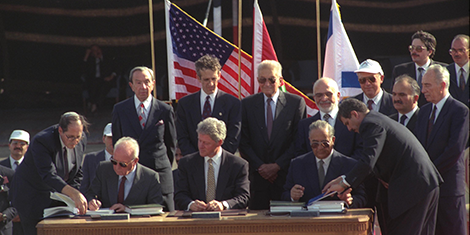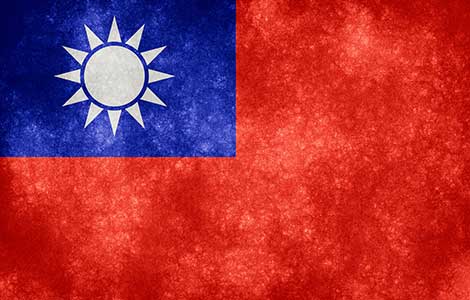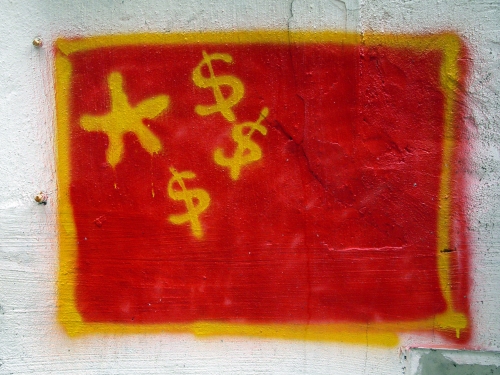
This article was originally published by the Elcano Royal Institute on 11 October 2019.
Theme
The key question on the mind of policymakers now is whether Artificial Intelligence would be able to deliver on its promises instead of entering another season of scepticism and stagnation.
Summary
The quest for Artificial Intelligence (AI) has travelled through multiple “seasons of hope and despair” since the 1950s. The introduction of neural networks and deep learning in late 1990s has generated a new wave of interest in AI and growing optimism in the possibility of applying it to a wide range of activities, including diplomacy. The key question on the mind of policymakers now is whether AI would be able to deliver on its promises instead of entering another season of scepticism and stagnation. This paper evaluates the potential of AI to provide reliable assistance in areas of diplomatic interest such as in consular services, crisis management, public diplomacy and international negotiations, as well as the ratio between costs and contributions of AI applications to diplomatic work.




